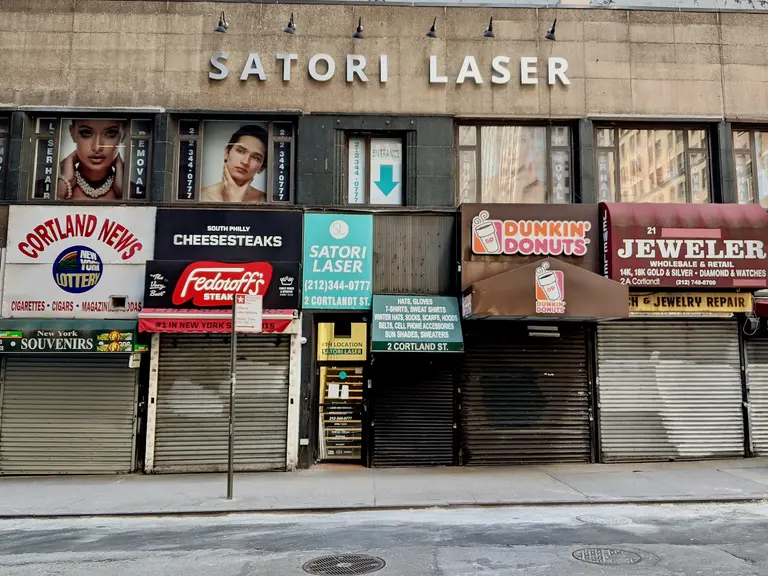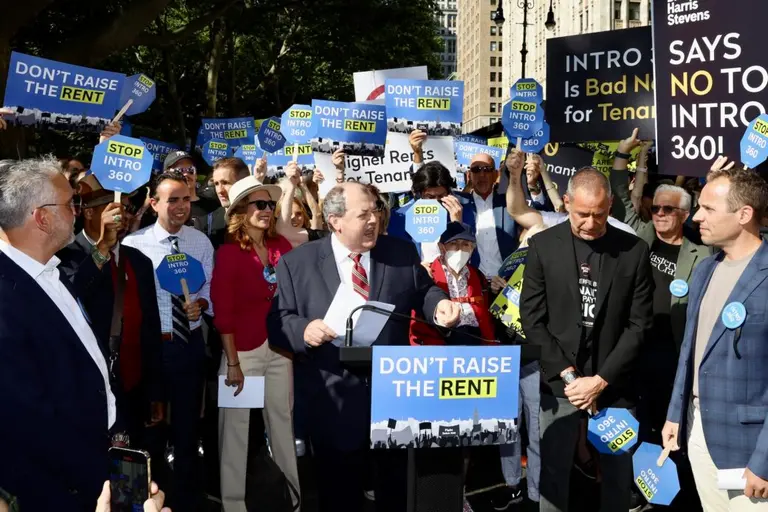New LLC Disclosure Law Probably Won’t Have Much Impact on the Condo Market

Will new federal regulations aimed at clamping down on shell companies buying luxury real estate send a chill through Manhattan’s high-end real estate market? The reaction to a page one article in the New York Times last month suggests fear is in the air. But that fear may be misplaced for two reasons: firstly, the Treasury Department’s database of buyers’ names will not be public, as many have inferred; and secondly, in New York, title insurance is not mandatory when you’re making an all-cash deal.
The U.S. Treasury Department’s Financial Crimes Enforcement Network (FinCEN) issued Geographic Targeting Orders—effective on a trial basis from March through August of this year—that will require certain U.S. title insurance companies to identify the “natural persons” behind limited liability companies (LLCs) paying all cash for luxury residential real estate In Manhattan and Miami. The regulation will cover all sales of more than $3 million in Manhattan and over $1 million in Miami.
If the regulations prove successful they will be extended. According to the Times, “Future investigations will focus increasingly on professionals who assist in money laundering, including real estate agents, lawyers, bankers and LLC formation agents.”
Supporters of the new regulations hope the new rules will curb money laundering, end the ever-growing presence of “ghost buildings” and introduce some economic diversity back into the market.
Critics of the regulations fear they will slow the market by dissuading investors from buying in Manhattan, increase the workload for title insurance companies and remove anonymity from buyers who are not corrupt but want to maintain secrecy for privacy reasons.
But the effects of these new regulations will be a lot less harmful to Manhattan real estate than previously thought.
Stephen Hudak, the Public Affairs chief for FinCEN, explains that these new regulations are “one piece in a larger puzzle.” He says any names provided by the title companies will be made available to law enforcement investigators as part of the FinCEN database.
Entering a buyer’s name into the database will not trigger an investigation, it merely supports a pre-existing one. If federal investigators are looking for a money laundering suspect, they can search the FinCEN database and determine if there are any reported transactions and follow the money trail.
Some question remains whether these new regulations will hurt the real estate market by removing the anonymity that many high-end buyers of luxury real estate desire. But Hudak states, “the database is not public and not subject to Freedom of Information Act requests.”
Further, Hudak elaborates: “We had discussions with the covered title companies and their association. We don’t expect them to do investigations, we ask that they make the inquiries and report the information provided. Even if they are lied to by the buyer, that information could be useful to law enforcement.”
According FinCEN, title insurance is the best way to target money laundering since buying title insurance is “a common feature in the vast majority of real estate transactions.” Thus if a cash buyer wanted to bypass the federal reporting in its entirety, the LLC could simply not purchase title insurance and take their chances on a future title dispute.
New York State does not require title insurance. When buying a condominium in new construction, the chance of a future title challenge appears low, thus further dimming the perceived need for purchasing insurance.
Stephen Wagner, real estate attorney at Wagner Berkow, points out that Section 339-R of the New York State Real Property Law mandates when buying a new condominium, any liens on a unit should be removed. There is a remote possibility there could be a lien on the land the building sits on. So Wagner says, “arguably, it’s prudent to buy title insurance but you can get a title search without buying any insurance to confirm there are no liens on the property.” Doing a title search is a lot less expensive than buying title insurance on a luxury property. A title search is a flat fee whereas buying title insurance is a percentage of the total cost of the unit.
There is a question of whether title insurance companies will have the resources to do this extra work. In April 2015, Governor Andrew M. Cuomo announced new regulations to stop kickbacks and other inappropriate expenditures in the title insurance industry. Finding the true beneficiaries of these shell companies, which often have multiple layers, may require a lot of footwork.
 Units at the Time Warner Center are owned by more than 200 shell companies; some owners have had found trouble with the law because of financial fraud.
Units at the Time Warner Center are owned by more than 200 shell companies; some owners have had found trouble with the law because of financial fraud.
While this federal action may have attracted a lot of attention recently, Mayor Bill de Blasio enacted similar rules to crack down on shell LLCs buying luxury real estate in July 2015. Although the mayor’s efforts specifically targets property owners who avoid paying city income taxes by claiming legal residency outside of the U.S., the regulation also focuses on shell companies.
Unlike FinCEN, the mayor’s efforts use the NYC-RPT Real Property Transfer Tax Return form. This form is filed with the city when property ownership is transferred and it lists both the buyers and sellers. Similar to the title insurance documents, previously only one member of the LLC had to be listed on the documents and that nominee rarely had any interest in the actual property. Both regulations seek to uncover the true beneficiaries of the LLCs and both require the names of all beneficiaries.
Clifford E. Katz, founder and president of Mobius Realty Holdings and a real estate attorney by training, commented that the government already has powerful tools in place, that target large real estate transactions. “The United States Treasury, Office of Foreign Asset Control (OFAC) List, and statutes and regulations governing Anti-Money Laundering are powerful mechanisms for identifying potentially problematic foreign investors and tracking the provenance of ill-gotten funds. Neither AML statutes and regulations nor the OFAC list are property-specific; however, because they relate to the movement of financial assets they are implicitly relevant to real estate transactions.”
RELATED:































